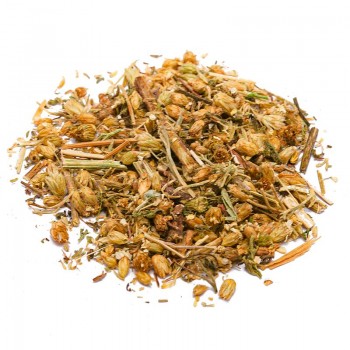There are various benefits of herbal tea with orange blossom, especially for people who have problems with stress, headaches and slow digestion. Let's see how it works.
Orange Blossoms: properties and benefits
The fragrant orange blossom is usually used in the preparation of perfumes. In reality, however, it is also an advantageous flower from the point of view of phytotherapy.
This part of the plant is considered useful against sleep disorders and the stress that can generate them. In fact, dried orange blossoms act as a calming and relaxing agent in the herbal tea.
The natural scent has a sedative effect, and a drink with orange blossom before going to sleep is recommended to promote a restful sleep.
In parallel, this tea can reduce anxiety by calming the nerves, calming the mind and body. The soothing action can calm stress tachycardia, and facilitate relaxation at the end of the day.
The composition of the volatile oils in the flowers presents the essential oil linalool, known to stimulate the central nervous system by lowering blood pressure with sedative and analgesic effects.
It is an oil also known to have anti-inflammatory and antispasmodic characteristics.
In the past, the infusion of dried flowers was used to soothe menstrual pain, especially abdominal cramps, and to relieve headaches.
Always in the case of discomfort, orange blossoms also act in counteracting colds, coughs and flu symptoms.
This happens because another useful element for our well-being is the fact that orange blossoms abound in antioxidants such as vitamin C, carotene and some flavonoids < / strong>.
When the symptoms are mild, a cold or an early cough, they can be treated with a hot herbal tea, with expectorant and soothing properties.
Also as a preventive herbal tea, it supports the body in dealing with the cold season, and can also be used to maintain the well-being of the oral cavity and gums.
This herbal tea also helps treat digestive problems, with anti-diarrheal properties that promote the well-being of the irritated intestinal tract, against constipation, colic and diarrhea.
The essential oil contained in the flowers has carminative effects (against the formation of intestinal gas) and diuretic effects that help purification.
The purification of the organism counteracts indigestion, stomach acid, and nausea, promoting correct liver and biliary function.
In addition, the high pectin levels of this tea can be a good factor in balancing blood cholesterol levels.
Origins and History of cultivation
This citrus tree, known for centuries for its exquisite fruit, is the so-called sweet orange. One of the most cultivated plants in the world, it easily adapts to various environmental conditions: for this reason, it is not easy to understand its origin.
In any case, the presence of oranges has been attested in China for over 4000 years, when the sweet orange (Citrus sinensis) developed from the bitter one (Citrus aurantium).
Its flowers were however appreciated for their scent and beauty, first by the Arabs and then by the Europeans.
In Greek mythology, Juno brought these trees with golden fruits as a dowry to her wedding, so orange blossoms are famous for being a symbol of marriage and good wishes for happiness.
According to some historians, however, the orange blossom wedding ornament derives from the legend of a gardener who stole a twig of orange blossom to sell it to a ambassador who wanted it.
The money raised from her allowed him to create a dowry to help his daughter get married - for the occasion the bride wrapped her head with white flowers.
The beauty of flowers was appreciated above all in the Middle Ages, when in Sicily under Arab domination (IX-XI AD), bitter oranges were grown in gardens as ornamental plants, and from then until today the plant took more and more importanza for the beauty of the flowers and its fruits.
Today orange blossom products are mainly used in the cosmetic and perfumery industry, but have been present in folk medicine for centuries.
The flowers of sweet orange in particular, are also called zagare (from the Arabic zahara or white flower), bloom in spring and are collected before development, when they are completely open. From here the petiole is removed and they are dried in the shade. The classic dried orange flowers are taken from it, used for herbal teas, as well as for ornamental purposes.
They can also be used for sweetening products, and for the preparation of some beers.
Plant and flowers
The orange tree can be Citrus sinensis L. (sweet oranges) or Citrus aurantium L. (bitter oranges) and is part of the Rutaceae family.
Many scholars think that this plant is a hybrid of citrus, a cross between pomelo and mandarin.
Citrus sinensis can reach about 5-12 meters, with elongated leaves and the famous white flowers. The fruits are round and orange, with a rough skin.
It is a tree that rests only 3 months, so it blooms and bears fruit at the same time: the first oranges can be harvested in November, while the last ones in May and June.
Over the centuries, the varieties of orange have become so many, because this citrus fruit grows all over the world.
Nutritional values of Orange Blossoms
In these flowers, there are several useful substances such as polyphenols, including flavones, flavanones, flavonols, flavans and anthocyanins. The composition with the essential oil it comprises is important
limonene and linalool.
In addition, other elements useful for our well-being are citroflavonoids (hesperidin, neoesperidin, naringin, rutin), resins, pectin. In addition, the flowers contain Vitamin A, B and C.
How to use dried Orange Blossoms in herbal tea
The infusion of Orange flowers is obtained by putting in a cup (250 ml), about 3-5 grams of dried flowers with water at 100 ° C.
Leave to infuse for 5 to 7 minutes, before drinking the relaxing herbal tea.
Add honey or sugar if desired.
Sometimes other ingredients can be added to the herbal tea with orange blossom, to improve its calming abilities. Often the mix includes chamomile flowers and lemon balm leaves.
In addition, orange blossoms are also used for a warm and relaxing bath.
Orange Blossoms: side effects and contraindications
Generally, orange blossom tea is safe and well tolerated. In any case, it is not recommended to associate it with components where caffeine is present.
It is also not recommended for people who are allergic to citrus fruits.
Orange blossom herbal tea is not recommended for pregnant or breastfeeding women.

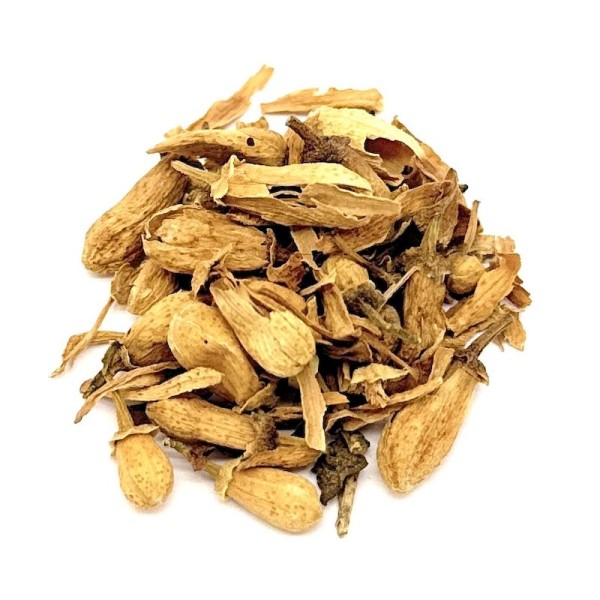









 No reward points for this product.
No reward points for this product.
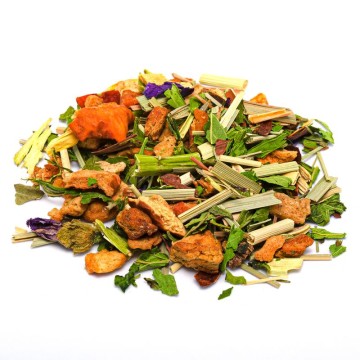
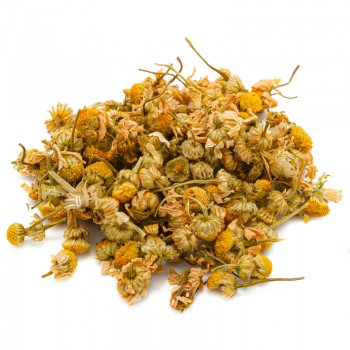
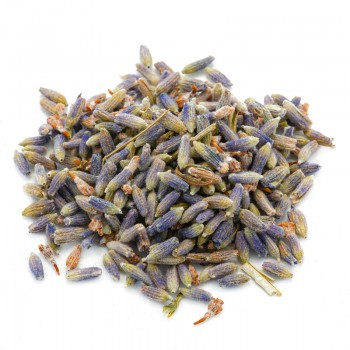
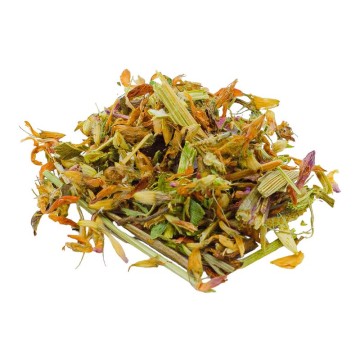
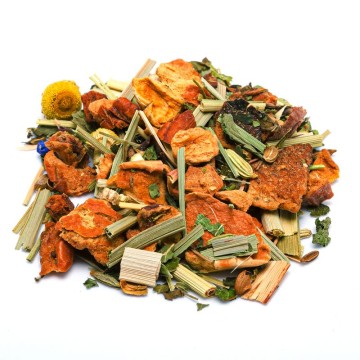
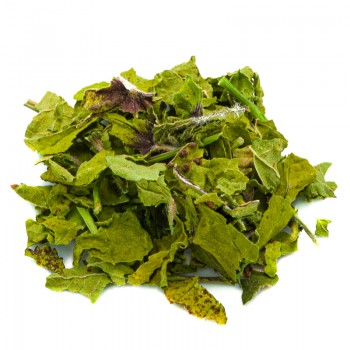
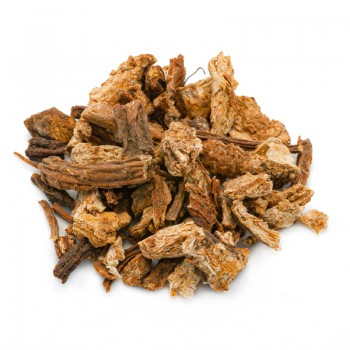

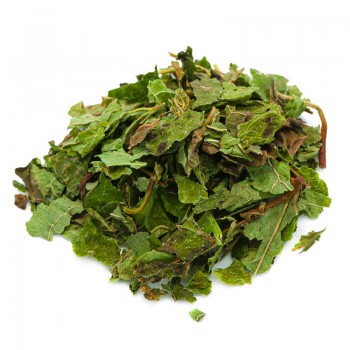
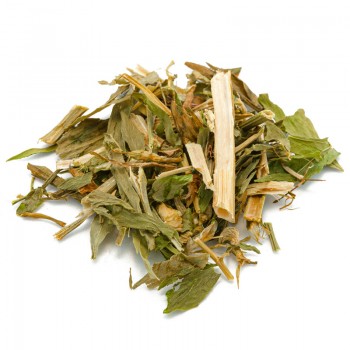
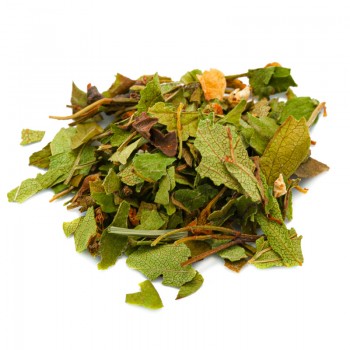

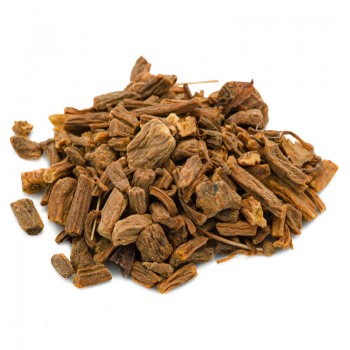
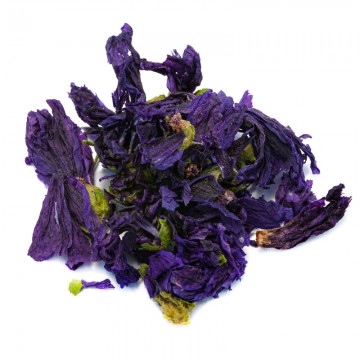
![infuso relax [Natura d'Oriente]](https://www.naturadoriente.com/3555-home_default/infused-relaxation.jpg)
